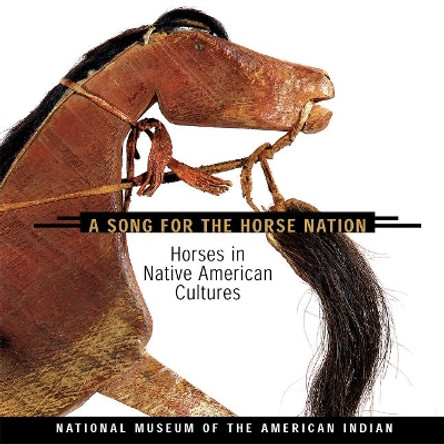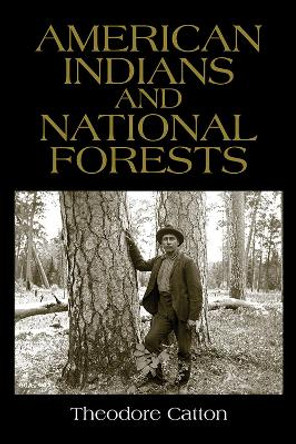Description
This first comprehensive look at the National Museum of the American Indian encompasses a variety of perspectives, including those of Natives and non-Natives, museum employees, and outside scholars across disciplines such as cultural studies and criticism, art history, history, museum studies, anthropology, ethnic studies, and Native American studies. The contributors engage in critical dialogues about key aspects of the museum's origin, exhibits, significance, and the relationship between Native Americans and other related museums.
The first comprehensive look at the National Museum of the American Indian
About the Author
Amy Lonetree (Ho-Chunk) is an assistant professor of American studies at the University of California, Santa Cruz. She has conducted research on the representation of Indigenous peoples in both national and tribal museums and published articles in the American Indian Quarterly and the Public Historian. Amanda J. Cobb (Chickasaw), an associate professor of American studies at the University of New Mexico, oversees the Chickasaw Nation's division of history and culture and serves as the editor of American Indian Quarterly. Cobb's book, Listening to Our Grandmothers' Stories: The Bloomfield Academy for Chickasaw Females, 1852-1949, won the North American Indian Prose Award and the American Book Award, and is available in a Bison Books edition.
Contributors: Elizabeth Archuleta, Sonya Atalay, Janet Berlo, Mario Caro, Myla Vicenti Carpio, Cynthia Chavez, Amanda J. Cobb, Robin Maria Delugan, Patricia Pierce Erikson, Gwyneira Isaac, Ira Jacknis, Aldona Jonaitis, Amy Lonetree, Judith Ostrowitz, Ruth B. Phillips, Beverly Singer, Paul Chaat Smith, and Pauline Wakeham.
Reviews
"Certain to become a standard text in museum studies classes and programs. That the essays are well written and compelling, passionate and yet solidly scholarly, makes this volume suitable not just for the scholar in museum studies, anthropology, or Native culture but, remarkably, an exciting read even for the general reader. Reading through these pages would instruct anyone planning to make a visit to the National Museum of the American Indian but it will, without question, be of great value to anyone interested in observing or communicating the past to the general public."-Roger Welsch, Nebraska History
"The goal of this excellent book is not to bring closure to these discussions but to make people think by conveying the complexity of the issues surrounding the NMAI and the unique perspectives of those who come in contact with it."-Nancy J. Parezo, Western Historical Quarterly
"The seventeen essays in the collection form a magnificent contribution to the field of American Indian studies. Indeed, along with their identification of a number of representational concerns within Native North America, the collective strength of these essays makes it among the most important anthologies in the field. Like the museum it so powerfully interrogates, its importance will endure."-Ned Blackhawk, American Quarterly
"A wide variety of significant topics offers readers an understanding of the cultural, academic, and political debates that have dominated the contemporary discourse. Themes from Indian sovereignty and historical truths regarding the struggles of the Indian nations since contact to museum exhibit design and cultural sensitivity give an exceptional balance to the framework of analysis presented by the work as a whole."-T. Maxwell-Long, CHOICE
"Given the large quantity of Plains ethnographic and archaeological materials in the NMAI, this volume should be of interest to all scholars in the region. It is a useful volume for teaching about the history of anthropology and for Native American studies, it is terrific for teaching about museums, and it is just plain interesting to read."-Lynn Goldstein, Great Plains Quarterly
"Museum experts and museumgoers should read this volume. . . . The wealth of information contained within it will encourage those interested in and curious about the placement and holdings of this public museum to visit, because Natives now claim a place in this discussion and in one of the most important public spaces of this country-the National Mall."-Rebecca Bales, SAIL
Book Information
ISBN 9780803211117
Author Amy Lonetree
Format Paperback
Page Count 518
Imprint University of Nebraska Press
Publisher University of Nebraska Press
Weight(grams) 703g








